Learn About the Risk Takers
In The Risk Paradox, Doug and Alan identify six different types of risk takers. Click the headshots below to find out more about the real people who inspired each these categories—and scroll down to find out more about each one in the videos below.
Meet the Risk Takers
These six individuals are only a few of the 102 risk-takers interviewed for the book. They knew they needed a change, took a risk, and changed their lives. Click an image below to learn more.
Peter KashIdealist
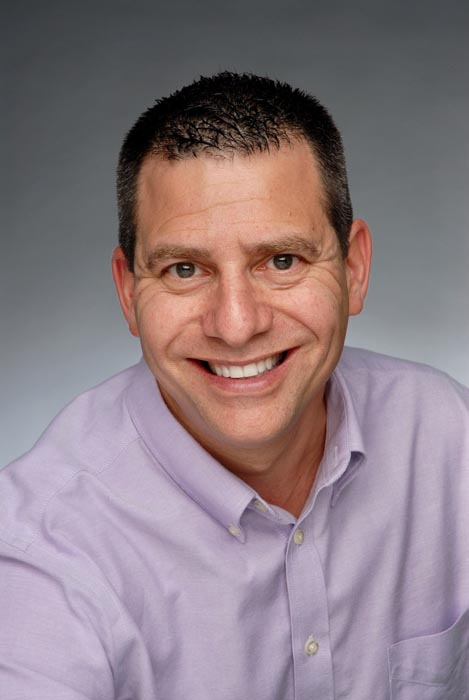
The origins of Peter Kash’s career go back to very early in his life.
“I can tell you exactly when my purpose was born. It was June of 1968, and I was seven years old. We were playing hide and seek at about five o’clock at night.
“There’s a young girl named Mary Ellen O’Bryan, who lives up the street. She was six years old. She was running, and then suddenly her wig fell off, leaving her totally bald. At that age, you never saw a boy who was bald, let alone a girl who was bald. Unfortunately, we started to laugh because we were children, and we didn’t know how to react. She ran inside. It was explained to us that she had something called cancer. Pediatric leukemia. She passed away several months later.”
This experience gave purpose to Peter’s entire life and career. Initially, he wanted to be a doctor, but decided in school that he just didn’t have the aptitude for medicine. Nor was he a scientist. Could it be possible to pursue his passion for science in a different way?
Today, Peter is board chair of a targeted immunotherapy company. Peter reflects on his success: “The single most important thing I’ve learned in my life is to have a purpose. My purpose is nailing cancer. That is my main purpose in life. You don’t have to win the Oscars. You can get a supporting Oscar role by being a groupie, like people are groupies to rock stars. Well, I’m a groupie to scientists. I get to hang out with some of the brightest minds in the world.”
Andrew WhiteAdventurer
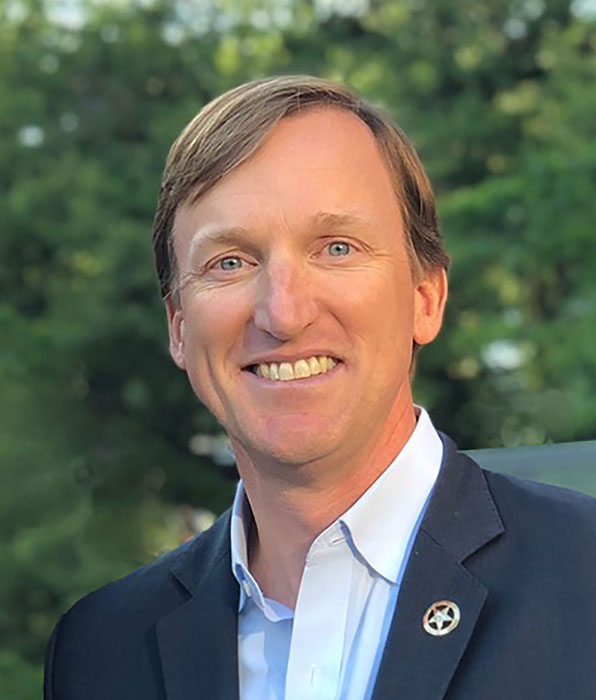
Andrew White’s father was in state politics in Texas, starting when Andrew was six months old. His dad made it all the way to being Governor of Texas, before losing an election when Andrew was fourteen. But from an early age, Andrew was more interested in business than politics. He remembers taking The Wall Street Journal from the Governor’s mansion with him to read in junior high school.
Early in his career, Andrew got involved with several small business opportunities in Dallas and Houston. None of them took off, but he learned firsthand how to structure deals and work with investors.
Even when he met with failures, Andrew still had confidence that he would find a way to make something work. As he was looking for his next adventure, he met his future wife. At their wedding, he told everyone he was “self-unemployed,” which was a funny way of saying he was working for himself and not making any money.
Andrew eventually created separate home warranty and repair businesses. After surviving the housing market crash, he eventually sold both to a large energy services company for a life-changing sum. He had wanted to make enough money to live his own life and support his kids’ modest hobbies while not being in corporate middle management. He had done far better than that.
If he had known in the beginning how long the odds of success were, Andrew isn’t sure he would have started the business. He’s glad that he didn’t know.
Lauren ReedLiberator
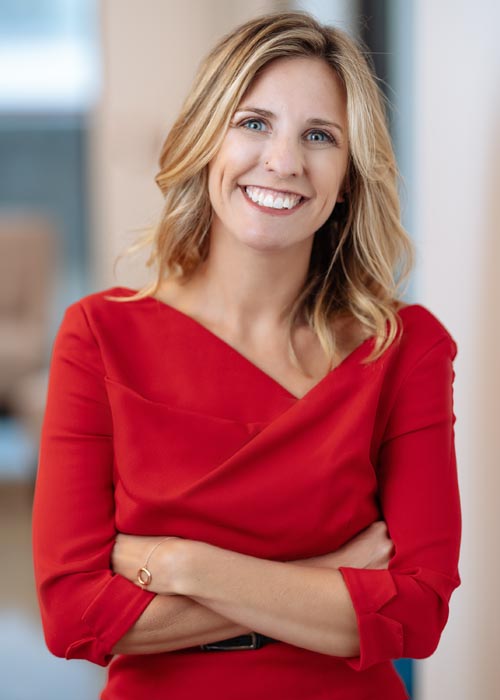
We wondered how women earlier in their career view risk-taking. Then we met Lauren Reed. Lauren grew up in St. Louis. Her father was an entrepreneur and money was always a concern for the family. Lauren realized at a young age she wanted to be financially independent.
After studying marketing and communications in college, Lauren went to work for an ad agency. After eight years, the agency imploded. They had grown too fast, and there was conflict between the partners. Lauren left to do freelance work, when one of her key clients from the ad agency reached out to hire her. Lauren decided to create a digital agency of her own.
Lauren values her independence. “After my experience at my last agency and what I learned, I realized I didn’t want my destiny in anyone else’s hands. Running my own agency, I have twenty different clients I work with, versus working for someone else, that’s one person who can decide to fire me.”
Lauren has run her own agency in Nashville for over a decade. Every year the agency has grown at least 10%, including the two years when she had her children. She has several major corporate clients.
Lauren focuses deeply on creating the right kind of culture:
“I went through a quarter-life crisis a few years ago where I thought, all I’ve ever done is work in an agency and it’s all I’m going to do. Then it hit me. What I’m doing now and what I’m providing is a really great workplace culture. My filters on my agency decisions are, am I providing a workplace I’d want my children, particularly my daughter, to work at?”
Tana GreeneSurvivor
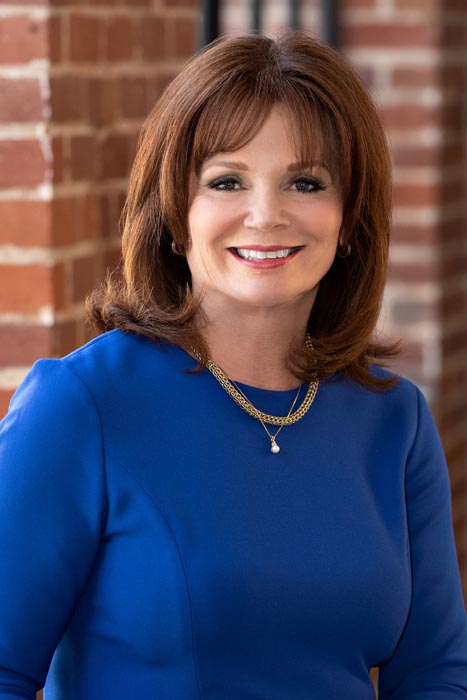
Tana Greene grew up in Virginia, where her father was a coast guard officer and her mother a stay-at-home mom. Tana was an honor roll student and dated the most popular boy in her high school.
Early in high school Tana got pregnant. Having grown up in a Southern Christian family, she will never forget what it was like to tell her mother the news.
Tana made the choice to become a young mother and dropped out of school. A few years later Tana consciously decided to be a survivor by leaving her abusive marriage. She left with her child, without a high school degree, and without a job. Tana wrote down her goals:
- Finish high school (and not with a GED)
- Get some form of higher education
- Own her own home before age twenty-five
- Have her own business before age thirty
- Meet her knight in shining armor
Within the next ten years, she accomplished all of her goals.
Today, Tana and her second husband are creating their third successful business. As Tana thinks back on the risks in her life—having a child as a teenager, leaving her abusive marriage, getting married again and moving to California, starting a franchise business, and then creating her own firm—what stands out most is that she didn’t view them as risks. She just believed that they would work. She believed in herself.
Jim FallonSeeker
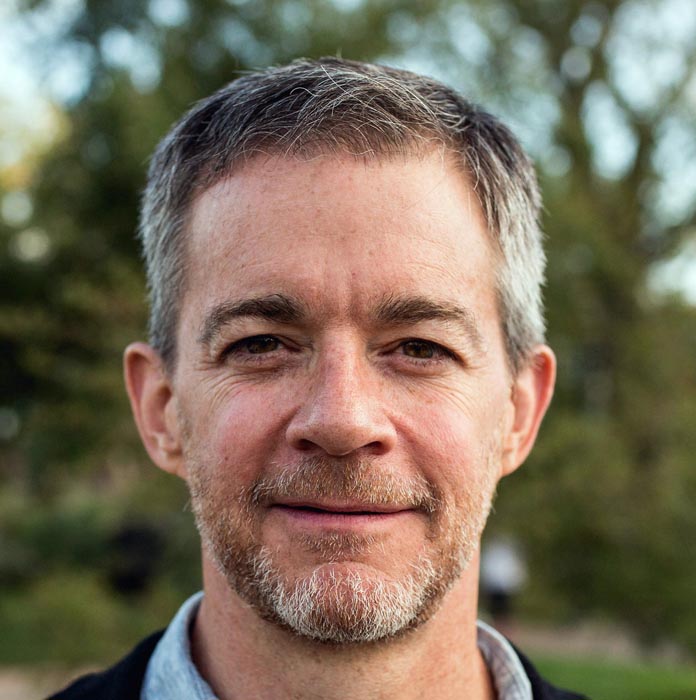
Jim Fallon grew up outside Chicago and attended college at the University of Wisconsin at Madison. He started out being a math and physics major but found himself drawn to philosophy and psychology.
“I was curious about the existential questions of life,” Jim says.
Jim’s career followed a steady trajectory for over a decade. It was in many ways a well-worn path—work for a few years, go to business school for an MBA, take a job with a strategy consulting firm, then embark on a career in progressively more interesting start-ups with progressively increasing responsibilities.
Then Jim’s life—and career—took an unexpected turn. Still in his forties, he was diagnosed with prostate cancer.
He battled cancer and ultimately survived, and sought coaching to help determine his next steps. His coach recommended that Jim coach someone else. The experience inspired Jim and he decided his life mission was not about running companies, but about helping other leaders with their own mindfulness and emotional journeys. He was ready for a new kind of life.
His coaching work and training made him think profoundly about a concept called Whole Body Yes. Using Whole Body Yes, you don’t just listen to your rational, logical mind, but you listen to your Whole Body when making life decisions.
Jim began to realize the power of seeking a Whole Body Yes, and his life has been fulfilled by living by it.
Ivo NelsonGiver
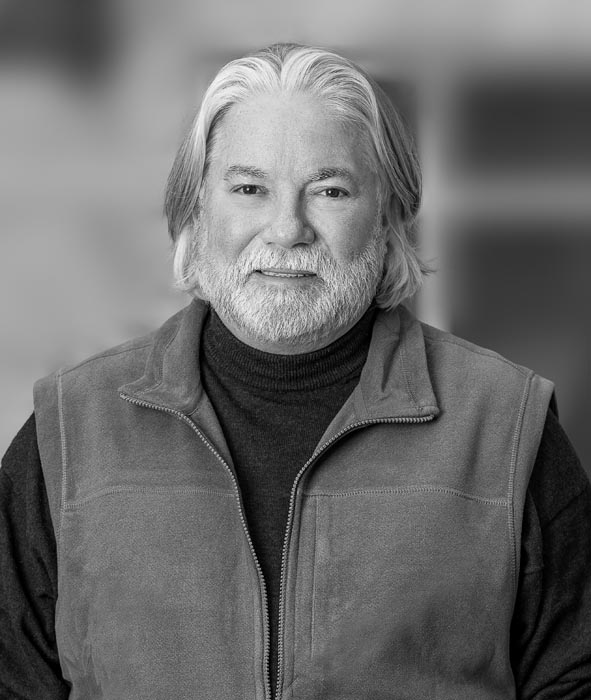
Ivo Nelson grew up in Waco, Texas. His father was a pharmaceutical rep and his mom was a teacher. After high school, he worked as a ranch hand in the Texas Hill Country. He spent a few years being “footloose and fancy free,” traveling west and doing construction work before returning home to earn a business degree at Baylor University.
Early in his career, Ivo conceptualized his business life as unfolding in three stages: leading a company to success with money from external investors, leading a company to success with his own money, and finally having enough money to become an active angel investor. His journey through all three stages has had many twists and turns.
Having created two enormously successful companies, Ivo is now giving back through helping businesses create healthier and more meaningful work cultures. He has written a book called The Ten Principles of a Love-Based Culture: How Authentic Business Leaders Trust Their Employees to Do the Right Thing.
“It’s not about romantic love. It’s about building a love-based culture that actually makes money and has a positive impact on the world. Fear-based rules and tenets, ultimately, are not a good way to run a business. With a love-based culture, you’ve got happier people, fewer divorces and care and love in the workplace. It’s just a better business - you make more money and investors are happier.”
Learn about these other risk-takers featured in the book:
Evan Marwell
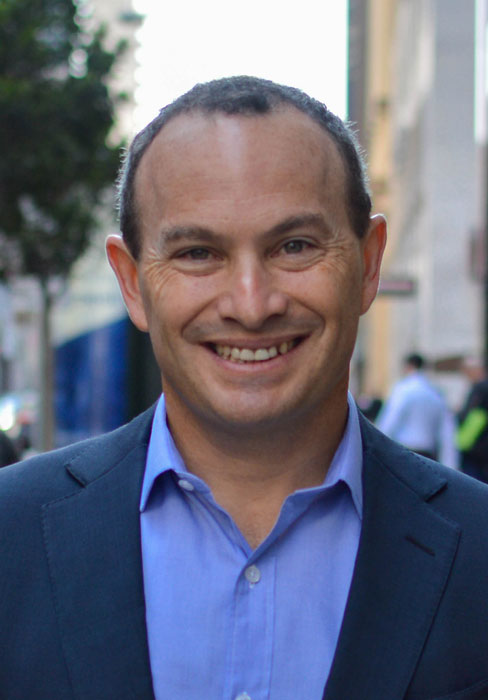
Evan Marwell grew up in Wisconsin. His father was a professor of sociology, and his mother was a school psychologist in the Madison public schools.
After creating a successful startup, then a failed startup, and then a successful hedge fund, Evan took time to dig deep and explore what he wanted to do next. He started writing a blog but discovered he didn’t like that. He looked at a few new business ideas but realized he didn’t want to start another business—at least not then.
Evan went to some seminars and got some coaching on his life purpose. He realized his purpose was to be a change-maker—in other words, to work on changing the world. He began to fully understand his skill at getting things off the ground, at actualizing ideas. As he puts it, “If your purpose is to be a change-maker, risk is part of the game.”
Evan was clear on what he was willing to risk. He decided he was willing to risk his time to work on implementing big ideas that might not work—as long as they were worthwhile. And he was willing to risk his reputation, since he’d already experienced failure and realized that it was survivable.
Evan started looking around for big ideas to actualize. And then he met the President.
Nick Jekogian
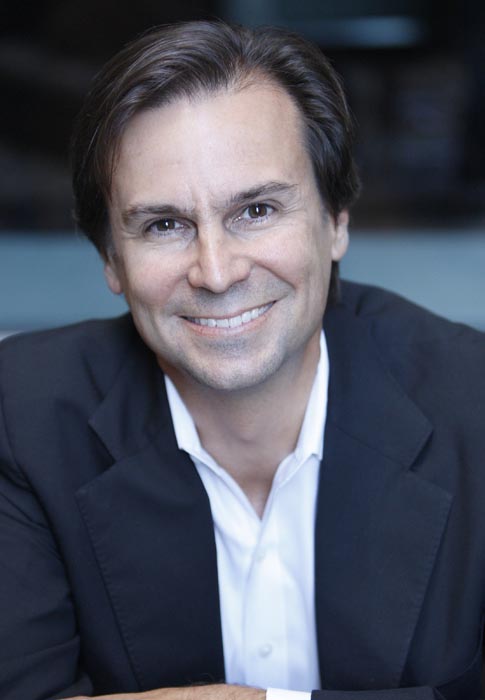
Nick Jekogian grew up in the suburbs of Philadelphia. His father was a short-haul truck driver and his mom was a stay-at-home mom. Nick has a younger brother and sister and was the first in his family to go to college. He started mowing lawns when he was twelve and launched a computer programming business at fourteen. Working hard seemed natural to him.
While Nick was still in college, he started buying small walk-up apartment buildings in Philly, on his own. It wasn’t that he had the cash to do so. Credit card companies were offering free bags of peanut M&Ms for applications, so Nick filled out loads of applications and was approved for multiple credit cards. He bought his first apartment building for $140K, with $100K of bank debt and $40K of credit card debt.
Nick’s timing was exceptional - interest rates were low and the real estate market was taking off. He grew the business by taking on more debt. There was really no other option for a twenty-five-year-old with no track record or net worth.
Fifteen years after he started the business, Nick owned $350 million worth of real estate with only $250 million of debt. He had a net worth of $100 million.
Then the stock market crashed.
Jade Chang
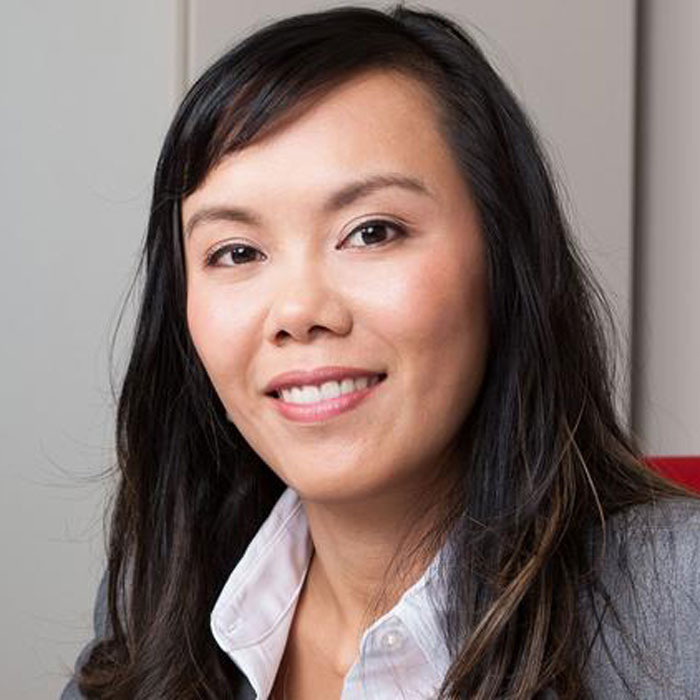
Jade Chang was born in Taiwan and moved to the United States when she was eighteen months old. She and her family lived in the basement of a Catholic charity home for a few years, then moved to a middle-class neighborhood in Connecticut. As immigrants, her parents were wired to value traditional, secure jobs.
As Jade puts it, “I was always a little rebellious.” Her parents wanted her to learn to play piano and violin, but she ended up learning to play jazz trumpet. She was also a tremendous athlete. earning a full scholarship to the University of Texas to run track.
During college Jade realized she wasn’t going to be a professional athlete. She took a job after college in tech consulting, and then a corporate job at Dell. She was bored but kept herself busy by doing triathlons and competing in wakeboarding.
One day Jade realized she didn’t want to sit in a cubicle anymore.
In the last fifteen years, Jade has gone from being an unemployed grad school dropout sharing a rented house with her brother, to owning a successful military construction business and three homes, being an active investor in her passion of surf resorts, and being married with three children. Her mom still can’t believe Jade owns her own business.
Jade says, “I have this thing called the One Thing Rule. Which is that every day, I am just going to do one thing that gets me closer to my goal. It doesn’t matter what that thing is. It could be as small as cold calling someone and leaving a message. My philosophy is that every door is open until it’s closed.”
Jennifer Maanavi
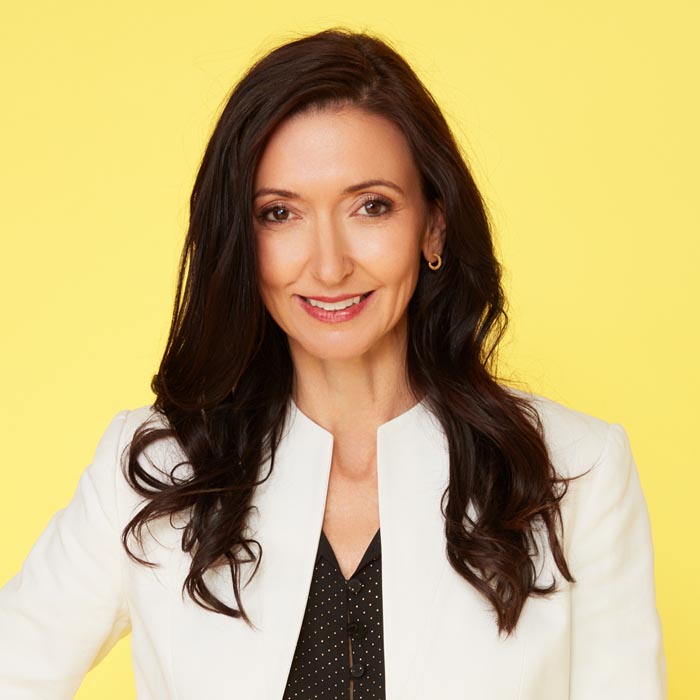
Jennifer Maanavi grew up north of New York City. She was an early entrepreneur, starting a cheerleading squad in third grade and selling pom poms to her fellow cheerleaders. Her mother was a corporate executive at a time when that was a rare path for women.
After college Jennifer worked at Morgan Stanley. She loved the transactional part of Wall Street - she always got excited when the phone rang. She left Wall Street because she learned the hard way that Wall Street at that time was not supportive of young mothers.
When she was a child, Jennifer loved dance. By the time she got to Wall Street, she was attending a regular dance-based exercise class at a fitness studio in Manhattan. The fitness studio abruptly shut down.
Jennifer decided to create Physique 57, which has grown to hundreds of classes a week in New York alone, with additional studios and franchises nationally and internationally.
Jennifer started Physique 57 before it became fashionable to have mission statements for every business, but she feels the mission deep in her bones. She quotes a line from her company’s manifesto: “We thrive on equal parts unshakable strength and unbreakable faith, and in feeling strong, seen, and worthwhile every day.”
Paul Lehman
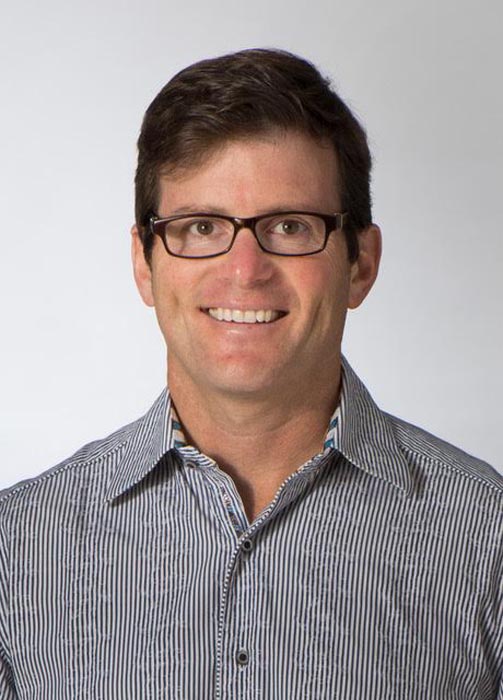
Paul Lehman lives in Utah, and he describes how he got out west as almost an accident. He was born in New York City and raised on the Upper West Side, and for much of his life he expected he would stay and work on Wall Street.
Paul and his wife have had plenty of ups and downs creating several successful businesses, but they have never stopped taking risks.
As Paul reflects on one of his ventures, “To be successful in any business, you need three things: luck, skill, and timing. If you only have one of them, you’re never going to make it. If you have two of them and you work really hard, you’ll do okay. When you have all three, you’re going to think you’re a genius. I had all three in that deal.”
Paul is living the life he has chosen, not the one that seemed predestined for him in New York. He cares about adventure, his family, and finding his own path. Living this way has left him with no regrets about the huge and unconventional risks he’s taken.
Kirk Craig
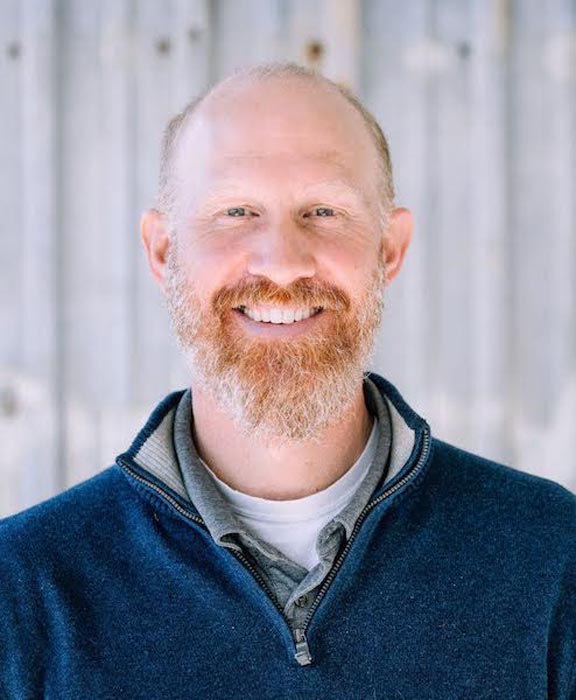
Kirk Craig has found meaning and given back in a different way than most. His father ran a successful family dry cleaning business and they lived in a wealthy suburb of Houston.
Kirk grew up Baptist and went to a private Christian school. In sixth grade, his class went on a church mission to Mexico and his experience there had a huge impact on his life direction.
KIrk pursued mission work through college. After his graduate education, Kirk and his wife Amanda bought a house back in Houston. His plan was to start a non-profit to provide workforce training programs to inner-city youth. They would partner with local churches to train kids and employ them in the family-owned dry-cleaning business. Along with their four young children, they chose to live in the same inner-city neighborhood they were serving.
Kirk got the non-profit off the ground, but in its first year everything was turned upside down. Describing this time, Kirk references Mike Tyson, “Everybody has a plan until they get punched in the face.”
In the end, Kirk was willing to risk economic opportunity and comfortable safety for the chance to live his faith and make a difference. They struggled to start the non-profit with barely enough donations to cover his own expenses, and now the organization is thriving with a multi-million-dollar annual budget. He feels it’s all been worth it when he sees the kids growing up in their neighborhood become productive citizens. Their mission continues to grow, as their successful trainees come back to help steward the non-profit.
Learn more about each risk taker type